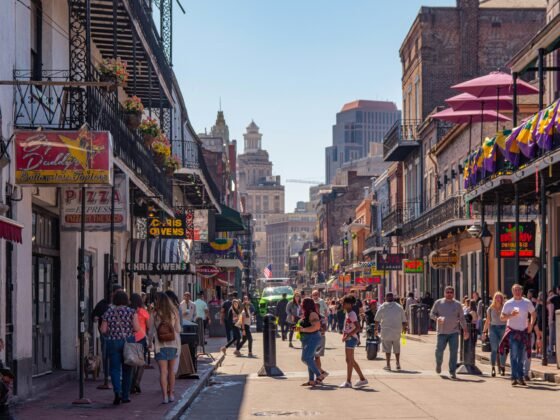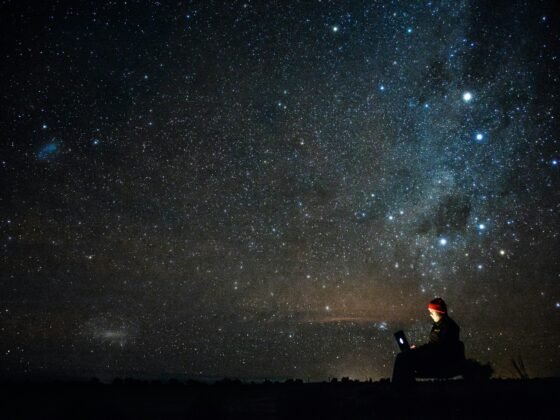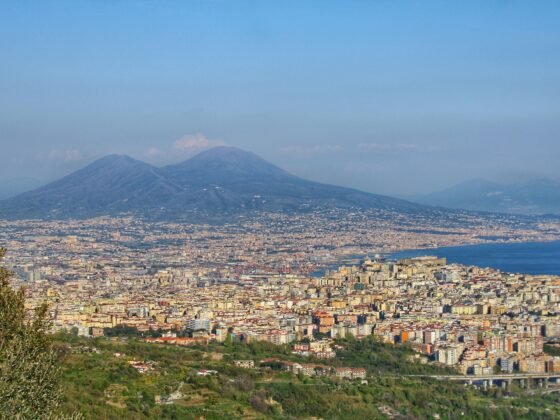David Livingstone was one of the greatest European explorers, whose passion led him to explore and make important discoveries about Africa and this year marks Livingstone’s 200th birthday. His expeditions through southern and central Africa, the Zambezi River and The River Nile ultimately led to the occupation of Africa by the Europeans from 1870 in what was dubbed the ‘Scramble for Africa’.
About the man; David Livingstone
David Livingstone was born March 19, 1813 in a small Scottish village close to Glasgow. He was the second child in a family of seven children. At the age of 10 David went to work in the local Cotton Mill where he worked 12 hours a day. The Livingstone family valued education and in spite of the twelve hour work day David and some others from the Mill would attend classes at Blantyre Village School. David was greatly influenced by his father, Neil. Neil Livingstone was a door to door tea salesman and would hand out religious pamphlets. Neil would read extensively about travel and theology and this ignited something in David that he would carry him through his life.
David was compelled into the Ministry after reading an appeal by Gutzlaff, for medical missionaries to China in 1834. David was so inspired that he saved his money and entered Anderson’s College in Glasgow in 1836. Later David was accepted to the London Missionary Society to begin his missionary training. He never ended up in China due to the First Opium War that was going on at the time instead he focused on Southern Africa.
Livingstone’s exploration of Africa
Livingstone was one of the first westerners to complete the transcontinental journey across Africa. He was also the first European to see the Mosi-oa-Tunnya (the smoke that thunders) which he renamed Victoria Falls. Livingstone always travelled light and was able to convince the Chief of the tribes that he was basically harmless.
Livingstone was an advocate of trade and Christian Missions in Central Africa. He returned to England where he wrote a book on his travels, he became famous and was considered one of the leading explorers of his day. The British government was interested in opening up the Zambezi River for trade routes so they funded Livingstone’s second trip to Africa. However, it turned out that the Zambezi River was completely impassable. The members of this expedition were less than pleased with Livingstone, they said he was not a leader; he was moody and too critical. This undermined the expedition but he continued on until his people eventually died or just left. In the end he returned to England.
In the early 1900’s the city of Livingstone was named in honour of the explorer. Livingstone is the second largest city in Zambia and the tourism center for Victoria Falls, as it lies 10km north of the Zambezi.
He set out once again to Africa this time to the Zanzibar, to the Nile. On this trip he was seeking the source of the Nile. After witnessing the massacre of 400 African villagers by slavers he lost all interest in finding the source of the Nile and he remained a broken and sick man for the last four years of his life.












